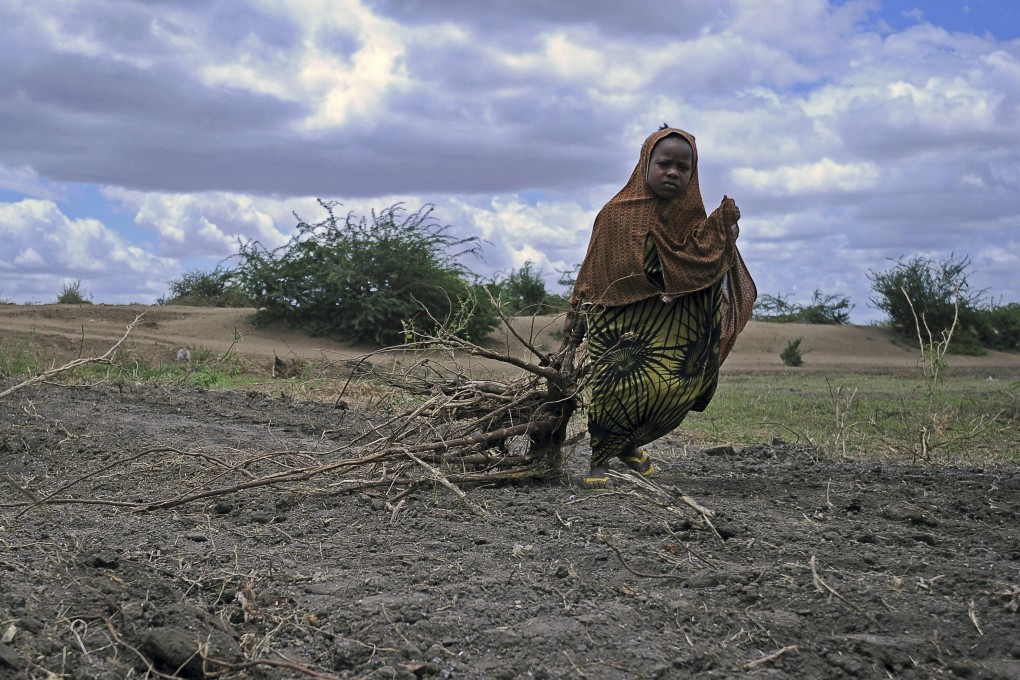Opinion | How climate action and gender equality are linked in the pursuit of justice
- While climate change affects everyone, existing gender inequalities often mean it has a disproportionate impact on women
- Climate change and gender equality are everyone’s business, and we can do much more to achieve these equally necessary and mutually reinforcing goals

With less access to land ownership in many parts of the world, women are more exposed to the economic disruptions of climate change. Agriculture is one example. In sub-Saharan Africa, women have accounted for around half of the agricultural workforce while owning or managing less than a fifth of the land. There is also research suggesting women are more likely than men to die in natural disasters.
The flip side to dire statistics such as these is that empowering women is also a massive opportunity to accelerate the climate transition. As the Intergovernmental Panel on Climate Change noted in 2018, gender equality is a climate “co-benefit” that can help enable “rapid and transformational change”.

03:01
Indonesia’s female forest guardians fight illegal poaching, logging and gender stereotypes
Studies cited by the European Capacity Building Initiative indicate countries with more women in parliament are “more likely to approve environmental agreements” and have stronger climate policies. That greater gender equality tends to correlate to lower per capita carbon dioxide emissions.
